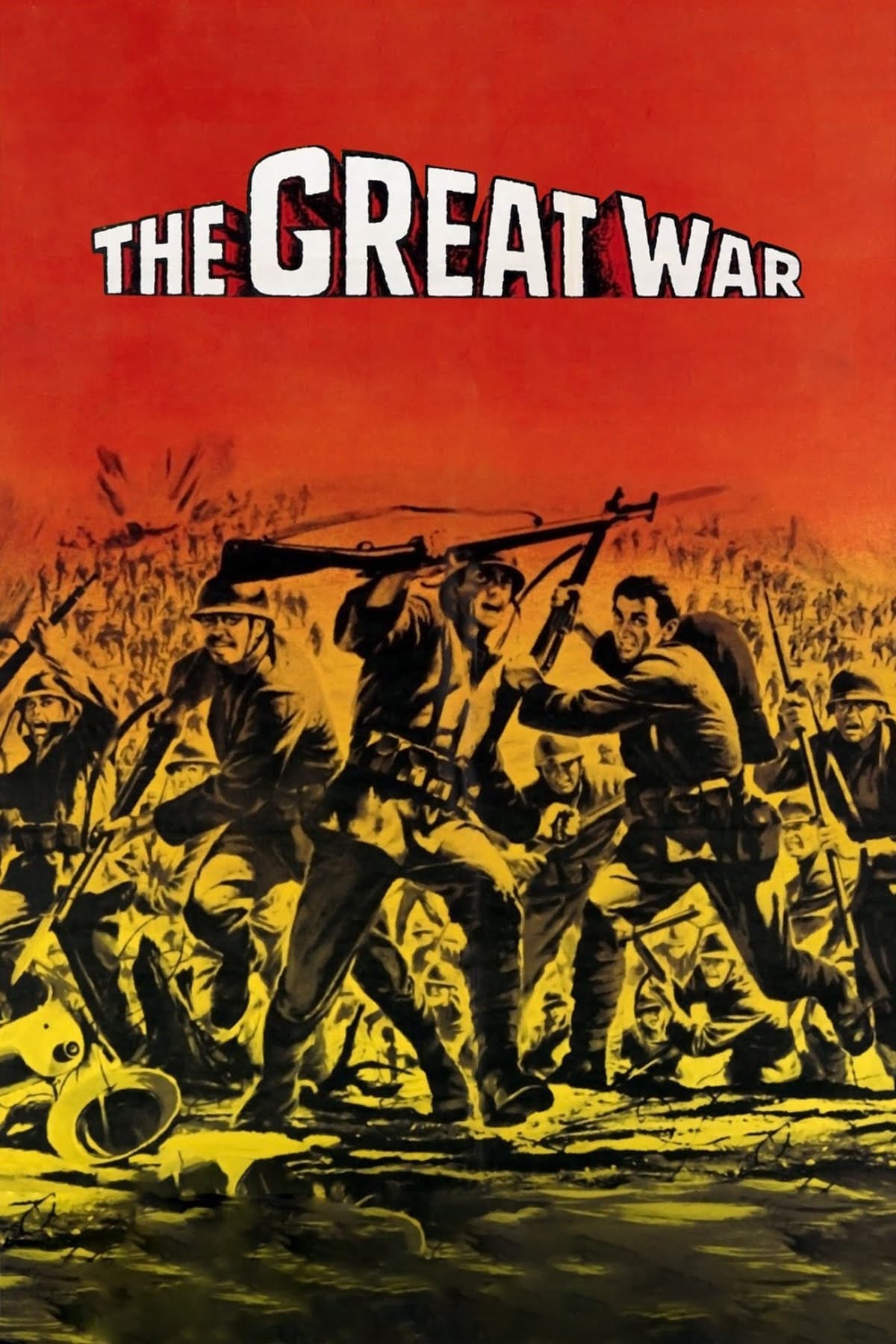
Many Wars Ago
Sep 17 1970
•2h 41m
•Drama, War
Time after time, soldiers of the Italian Army are forced to leave their mountain trenches in attempts to storm an enemy fortress, always with the same disastrous results. As casualties mount, indignation spreads among the rank and file. Disturbed by his superiors' decisions, Lieutenant Sassu is led to question the purpose of war and reconsider where his real duties lie.
Cast
See all
Mark Frechette
Lt. Sassu

Alain Cuny
Gen. Leone

Gian Maria Volonté
Lt. Ottolenghi

Giampiero Albertini
Capt. Abbati
Recommendations
See all
The Great War
Italy, 1916. Oreste Jacovacci and Giovanni Busacca are called, as all the Italian youths, to serve the army in the WWI. They both try in every way to avoid serving the army.

Heaven Can Wait
Spoiled playboy Henry van Cleve dies and arrives at the entrance to Hell, a final destination he is sure he deserves after living a life of profligacy. The devil, however, isn't so sure Henry meets Hell's standards. Convinced he is where he belongs, Henry recounts his life's deeds, both good and bad, including an act of indiscretion during his 25-year marriage to his wife, Martha, with the hope that "His Excellency" will arrive at the proper judgment.

Sergeant York
Alvin York a hillbilly sharpshooter transforms himself from ruffian to religious pacifist. He is then called to serve his country and despite deep religious and moral objections to fighting becomes one of the most celebrated American heroes of WWI.

Emilie Muller
At her first audition, a young woman is asked by the casting director to talk about what is inside her handbag.